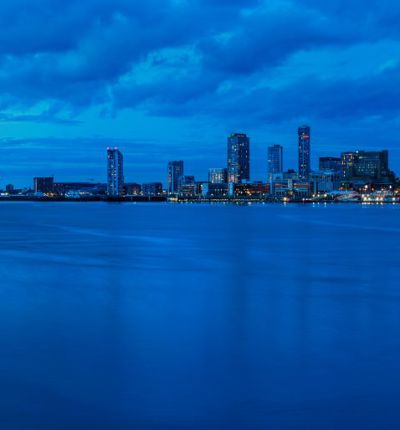
Liverpool forced repatriations of Chinese seamen
Lufu Si and Emma Jones consider the post-war repatriation of a Liverpool Chinese population.
Posted on 26 August 2025
In 2021, the Guardian published a lengthy and well-researched article about the forced repatriation of Chinese workers on naval ships after the Second World War.
It described a systemic deportation of Chinese seamen who had settled in Liverpool after the conflict ended. The Home Office had deemed the workers’ continued presence in the UK undesirable for various reasons, very possibly because of union activities that led to clashes with the police and their success in obtaining equal wages to their British counterparts.
In a de-classified Home Office file, the correspondence of the Home Office is explicit in the targeting of Chinese migrants in Liverpool, including a ‘secret repatriation campaign’ that the Guardian describes as a ‘manhunt’. The phrase ‘roundup’ is reportedly used repeatedly in official correspondence.
The Home Office reportedly alerted police chiefs across the country to look out for Chinese seamen. Individuals were rounded up from their communities and homes, often without notification to their British families and forcibly deported in boats. Wives and children were left destitute and without explanation. It is unclear what happened to these individuals after they were set on the shores of places such as Saigon and Singapore, and no public inquiry or apology has been provided by the UK government.
This kind of erasure of Chinese workers in British history is not new. The Chinese Labour Corps was a core part of Britain’s war effort in the First World War, with around 95,000 Chinese farm labourers leaving their homes and volunteering to work for Britain. Many thousands died on the journey to the UK, and the rest sustained horrific working conditions when they arrived, tasked with building core infrastructure. They were refused any right to settle and were painted out of history (quite literally) in favour of representing the United States in a giant canvas exhibited in Paris at the end of the war.
The dearth of records of these people who gave so much to Britain demonstrates a lack of care and respect for Chinese workers and their families. As a first-generation Chinese immigrant to the UK myself, I believe acknowledging these deportations that appear to me to have been clearly racially motivated at the end of WW2 is a key part of understanding our history as British people, and maybe another step in recognising the importance of migration in British history.
The families that fell victim to the forced deportation of Chinese migrants deserve an answer to their questions about what happened to their fathers. Communities that have been ignored for far too long deserve acknowledgement and respect. A proper investigation and apology must be forthcoming from the Home Office and policing authorities that enforced these inhumane policies.

Emma Jones
Emma Jones is a partner at Leigh Day, recognised as one of the UK’s leading claimant lawyers in human rights and public inquiries. She handles litigation across healthcare, social care, education and detention settings, combining human rights and public law expertise in both individual and group actions, and leads on complex cases such as the contaminated blood inquiry.


